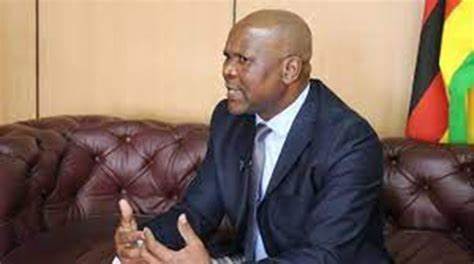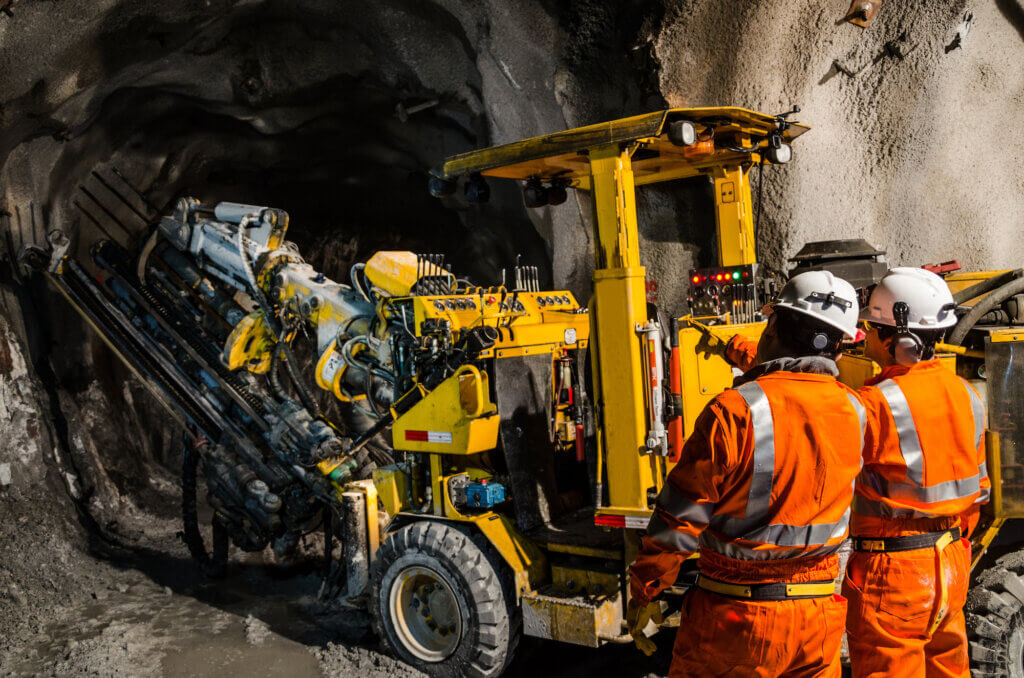Call for education sector to be “climate smart” to prepare for the future
Share

Harare (New Ziana)- The education sector in Zimbabwe should prepare for risks such as drought, cyclones, and floods, whose frequency is growing, to increase its resilience and ensure that learning does not stop, a senior official has said.
Permanent Secretary in the Ministry of Primary and Secondary Education (MoPSE), Moses Mhike said this on Friday while addressing participants at the official closing of a three-day workshop on mainstreaming climate smart education systems.
Called Climate Smart Education Systems Initiative (CSESI and funded by the Global Partnership for Education (GPE), supported by UNESCO and Save the Children, the project’s overall aim is to enhance the capacities of countries to mainstream climate change adaptation and environmental sustainability into education sector plans, budgets, and strategies.
The CSESI was a great opportunity to do so, said Mhike in the speech read on his behalf by the MoPSE chief director for Curriculum Development and Technical Services, Cyprian Masocha,
“More specifically, we expect that this initiative will allow us to strengthen our capacities at all levels to plan for climate adaptation and environmental sustainability in the education sector,’’ he said, adding his Ministry could not achieve the goal alone.
Mhike said: ‘’We have to work across sectors, and that’s why we are very glad to have the Ministry of Environment participating in this workshop, as well as key partners.’’
During the three-day workshop attended by relevant government Ministries and departments, participants analyzed existing climate change pressures in Zimbabwe.
The initial focus was on understanding the various hazards, with specific attention given to drought and tropical storms.
Participants also examined different scenarios to gain insights into the climate change landscape within the region
The workshop mapped hazards across different regions, identifying areas more prone to specific climate-related challenges like drought and storms.
In addition, the workshop analysed the effects of these hazards on education. based on their collective experiences and knowledge.
This collaborative effort would culminate in a comprehensive climate risk analysis report, providing key insights for decision-makers within the education sector.
New Ziana








